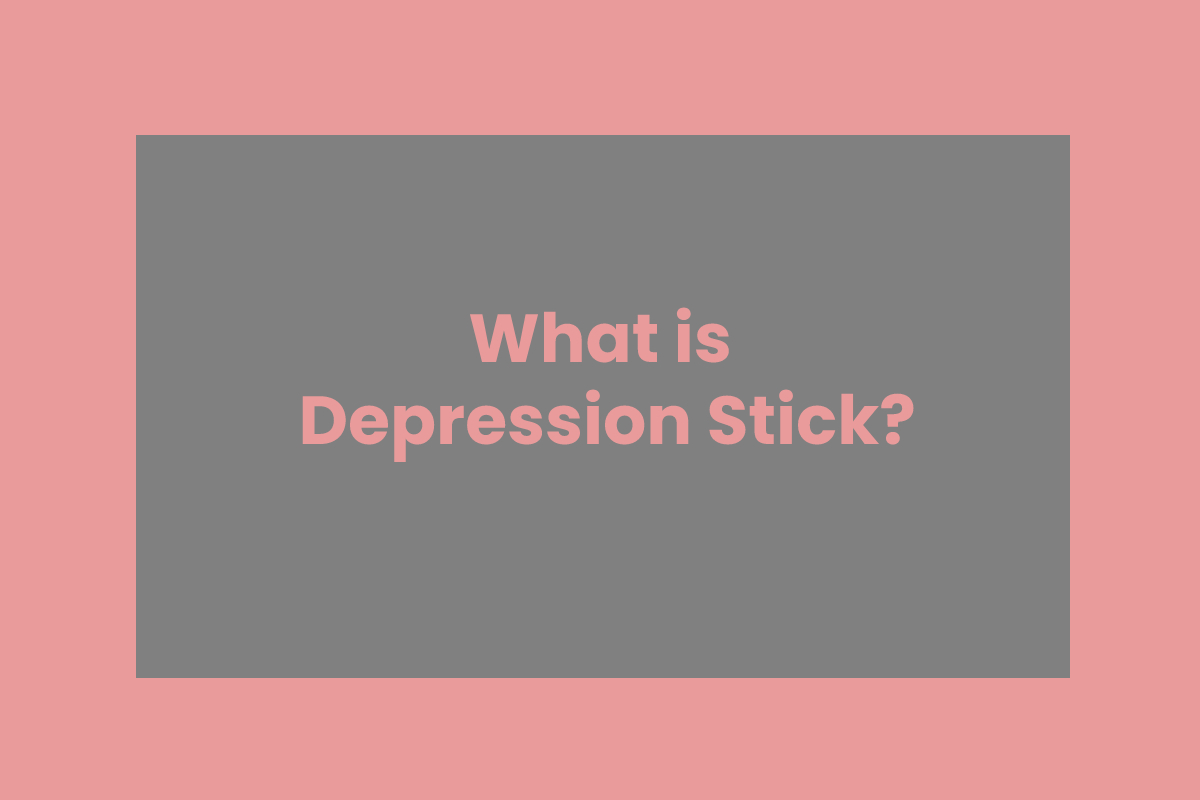The proven-effective and nationally recognized youth smoking, vaping, and nicotine prevention campaign unveiled. It’s the latest youth e-cigarette education effort. “It’s Messing with Our Heads,” exposing nicotine’s role as a contributor to the worsening youth mental health crisis and the tobacco industry’s ongoing efforts to distort public perception about the health effects of vaping products.

Truth created a fake vape company called Depression Stick! as part of the campaign to raise awareness of the fact. That nicotine can get worse symptoms of tension and depression and highlights. The intellectual health effect of real e-cigarette products, which includes JUUL, Vuse, blu, Logic, and NJOY, the leading e-cigarette manufacturers popular among teens.
Table of Contents
When Did Depression Stick Begin?
Depression Stick! began with nationwide advertisements, including “Why Be Happy When You Can Be Sad?” and vapes that “Feel Like Anxiety” but “Taste Like Cereal,” luring people to their website: Depressionstick.com.
The Depression Stick! The campaign, which includes kid-friendly flavors, follows the playbook of its e-cigarette competitors, aiming to reach and engage young people through influencer unboxings, TikTok takeovers, pop-up shops, and bold neon advertising airing nationwide, including on a Times Square billboard.
Data on E-cigarette Sales
According to data, national e-cigarette sales have reached all-time highs this summer and remain expected to soar even more once children return to school. According to a recent Truth Initiative study, 70% of young people hope to see their classmates vaping the same or more when they return to school. Furthermore, the poll discovered:
- Eighty-one percent of those who had ever vaped said they began vaping to relieve anxiety, despair, or tension.
- Ninety-three percent of vapers reported that vaping harmed their life by making them feel more stressed, unhappy, or nervous.
Nicotine Research
The data is clear that nicotine hurts growing brains by interfering with the construction of brain circuits that govern attention, learning, and susceptibility to addiction; nevertheless, nicotine can also negatively influence mental health.
Though nicotine has not remained shown to cause mental health disorders directly, further study is needed. Multiple peer-reviewed studies suggest alarming linkages, including firmly established data demonstrating nicotine can increase feelings of sadness and anxiety.
The ad highlights two colliding crises among youth: a mental health crisis and a vaping pandemic. Which peer-reviewed research shows are related, as documented in a recent Truth Initiative white paper titled “Colliding Crises: Youth Mental Health and Nicotine Use.”
Resources for Mental Health
When the nation’s mental health crisis intersects with the current adolescent vaping pandemic. Young people, particularly those who vape. Need to understand that nicotine use is linked to depression, anxiety. And other mental health illnesses and know where to seek assistance.

